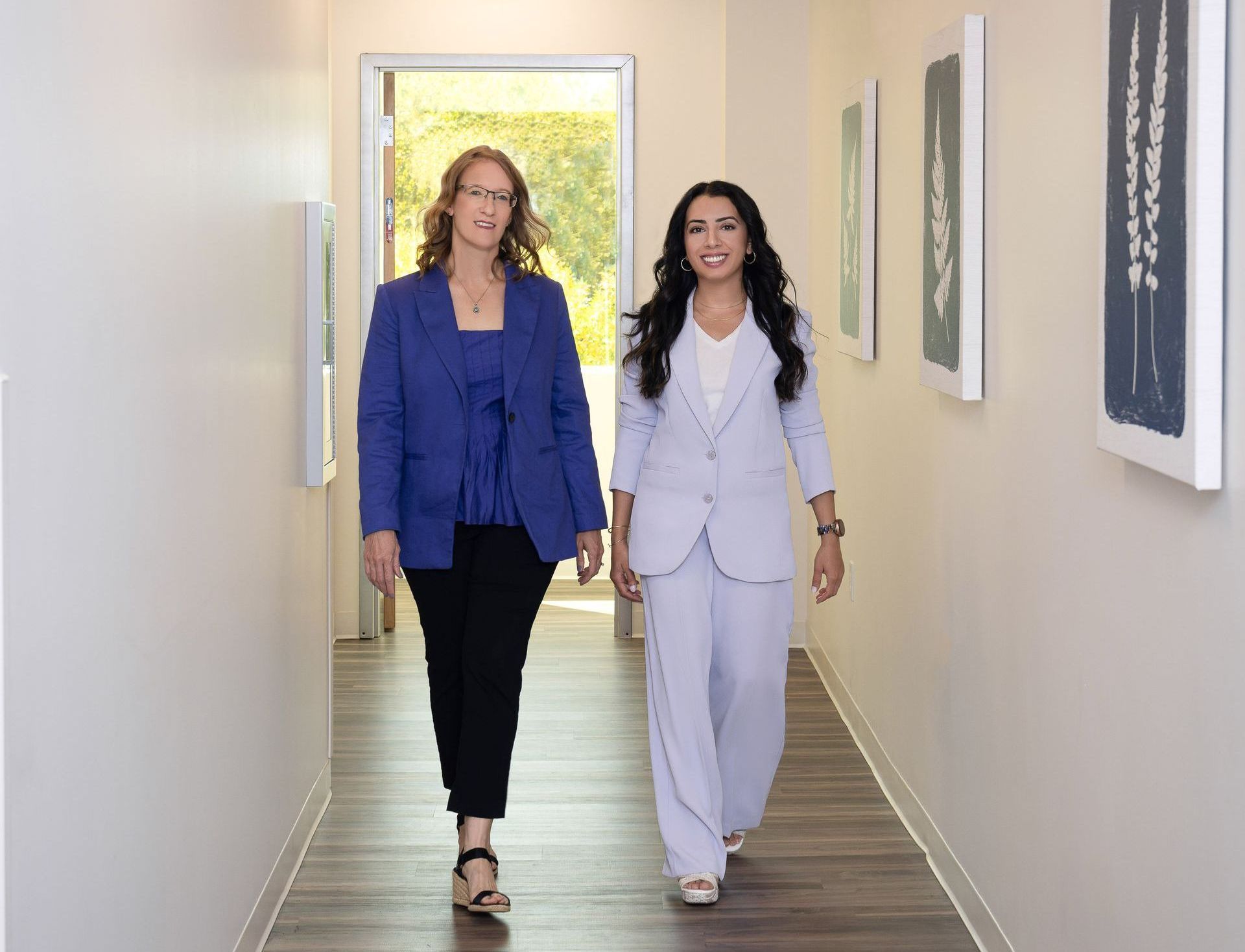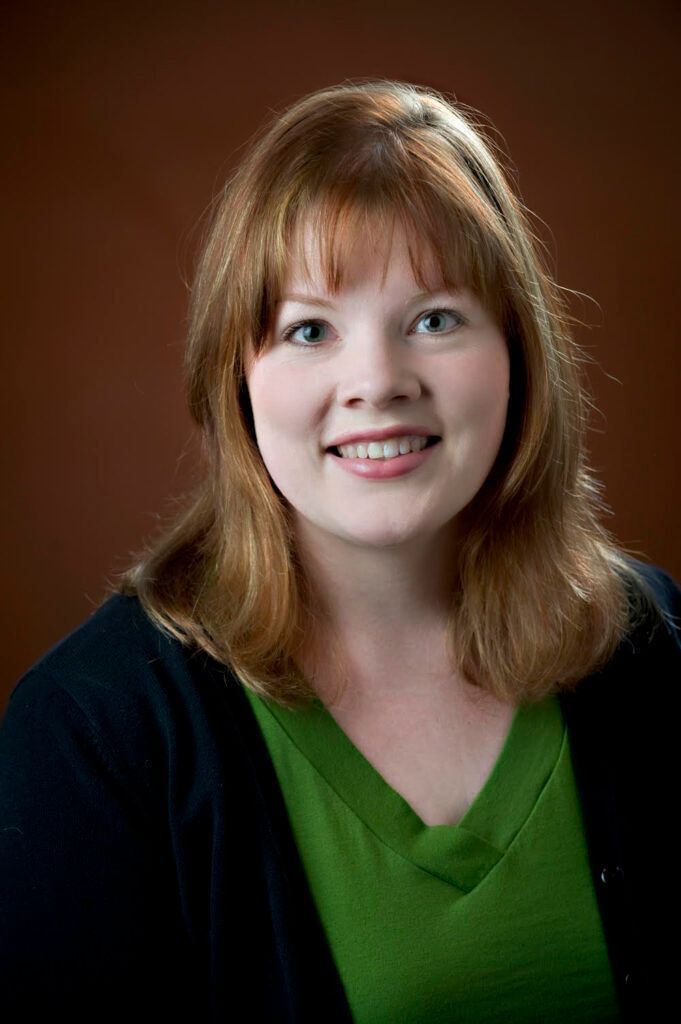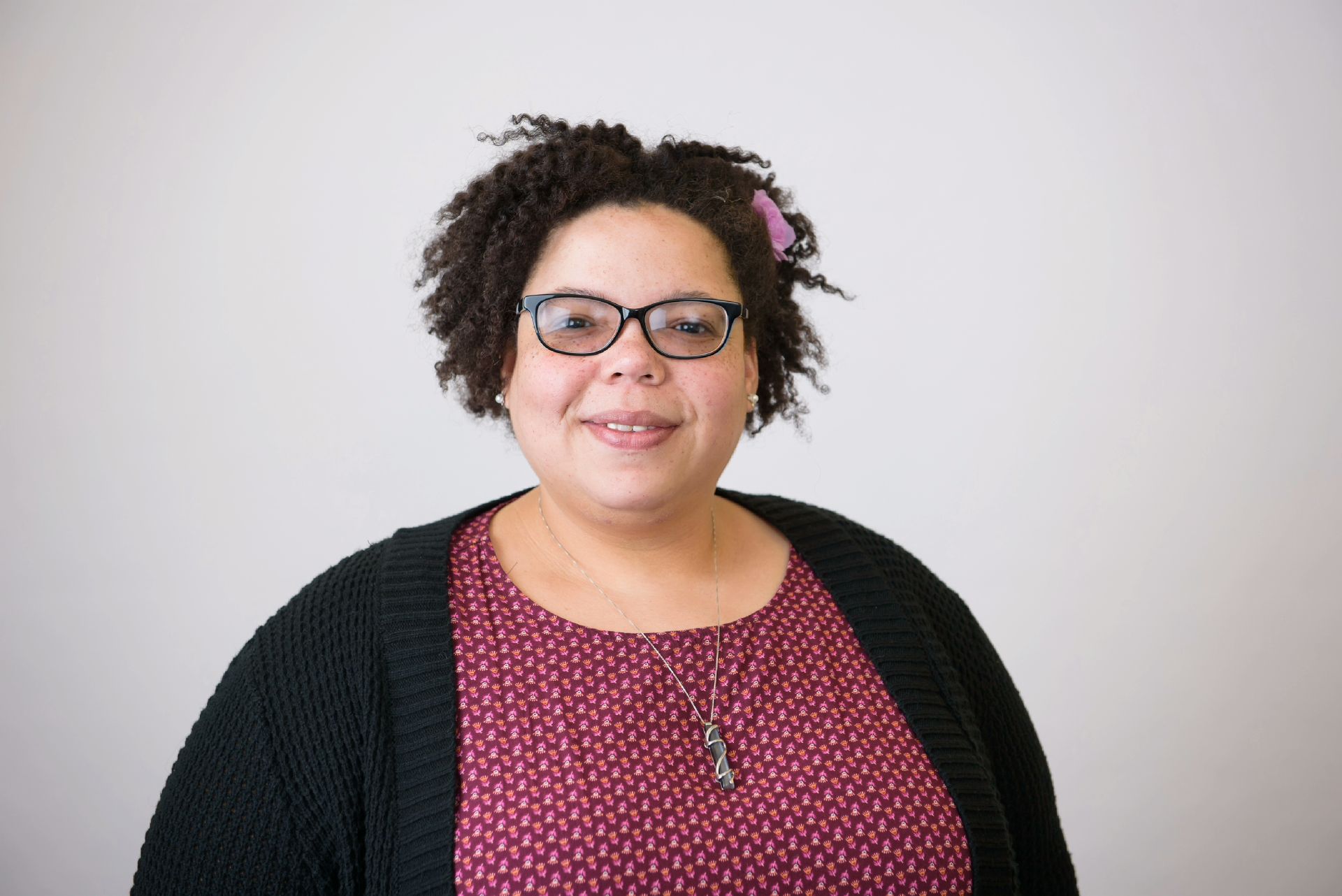
OREGON SUPERVISOR
EQUITY INITIATIVE
Increasing health equity in culturally and/or linguistically specific communities by increasing the diversity of the Oregon counseling profession.

What is the Oregon Supervisor Equity Initiative?
Empowering Diversity in Counseling
Revolution Consulting's Oregon Supervisor Equity Initiative (OSEI) is a pioneering effort to address supervisor shortages and promote health equity. By providing free culturally specific licensure supervision and 30-hour supervisor training, OSEI aims to empower 15 BIPOC and/or LGBTQIGEIAP+ counselors-in-training (CITs) on their path to becoming licensed professional counselors (LPCs).
The leadership team at Revolution Consulting, drawing on extensive backgrounds in counseling, supervision, advocacy, program management, and education, is well-positioned to drive this diversity-focused initiative, leveraging their relationships with experienced counselors, supervisors, and educator networks. In alignment with Oregon Board of Licensed Professional Counselors and Therapists (OBLPCT) guidelines and the OARS (2022), OSEI not only offers essential training but, in accordance with Revolution Consulting's commitment to economic justice and health equity, also covers initial licensure application and renewal fees for LPC associates throughout the funding period, irrespective of their financial means.
WHY IS OSEI NECESSARY?
In 2021, the Oregon Health Authority unveiled a workforce diversity report spanning 2014-2020, revealing that 88.7% of licensed counselors and therapists identified as White, while only 1% identified as Black, 4.4% as Latinx, 2% as Asian, and 0.5% as American Indian or Alaskan Native (Oregon Health Authority, 2021). Notably, data on the multilingual, LGBTQGEIAP+, neurodiverse, or disabled identities within the licensed professional community remains unknown. The ethnic and cultural diversity among licensed professional counselors in Oregon lags behind the state's increasing population diversity (see Oregon Health Authority, 2021, p. 5).
Recognized barriers to diversifying the healthcare workforce include disparities in financial and educational access (Baldwin et al., 2006; Wilbur, 2020). Challenges such as the scarcity of qualified supervisors in rural areas and financial constraints for counselors-in-training (CITs) and supervisors-in-training (SITs) hinder the licensure and supervisor preparation process for qualified BIPOC and LGBTQIA2s+ counselors. Enhancing diversity among licensed counselors and LPC supervisors is vital for addressing workforce disparities, ultimately reducing healthcare access gaps resulting from linguistic or cultural differences.
OSEI Objectives
Equity in Action
Revolution's OSEI is designed to enhance health equity in culturally and linguistically specific communities through the achievement of six key objectives:
-
Diversifying the Counseling Profession
Lowering supervision costs for associate counselor licensees aims to diminish financial barriers to licensure, facilitating increased access to culturally specific counselors for Oregonians.
-
Increasing Diversity in LPC Supervisors
Providing free supervision training for candidates from historically marginalized communities seeks to diversify the pool of qualified LPC supervisors in Oregon.
-
Expanding Opportunities for Culturally Specific Counseling
By enhancing diversity in the profession through clinical and supervisory work, Oregon residents will benefit from increased opportunities for culturally-specific counseling, improving client retention, satisfaction, and mental health outcomes.
-
Reducing Oppression and Burnout
The increased diversity and availability of culturally specific supervision aim to reduce experiences of oppression and burnout among pre-licensed CITs.
-
Improving Service Capacity
By lowering the expense of supervision and supervision training, LPC associates and SITs can dedicate more time to clients and supervisees, reducing wait times for mental health counseling and culturally specific supervision, thereby increasing statewide service capacity.
-
Promoting Career Growth and Leadership
Through training and mentoring SITs with diverse identities, OSEI encourages career growth and leadership, empowering individuals to assume key roles in transforming mental health care systems in Oregon to be more accessible, equitable, culturally-responsive, and conducive to positive holistic outcomes for culturally and linguistically diverse communities.
Reshaping the future of counseling, fostering diversity, and empowering communities to thrive.
Empowering
counselors-in-Training
Revolution Consulting invites aspiring counselors from diverse backgrounds to apply for culturally specific clinical supervision and training—completely free of charge. This unique opportunity is tailored for LPC registered associate candidates who identify as BIPOC and/or LGTBQGEIAP+ and aspire to become LPC supervisors. Apply today to unlock a future aligned with your unique identity and career goals.
meet The Supervisors
Anjabeen, CEO
KIRI HORSEY
(she/her), MS, NCC, LPC (OR), ACS
Ms. Horsey, with 17 years of counseling practice, is a licensed LPC in Oregon, bringing 11 years of clinical supervision expertise for interns and master's-level counseling students. Her extensive teaching background spans undergraduate (education, psychology, human development, communication) and graduate (counseling, college student services) levels, including faculty supervision for medical students, psychiatry residents, and child psychiatry fellows. Throughout her career, she has conducted numerous workshops and CEUs on mental health, gender identity, sexuality, relationships, and clinical supervision at various counseling conferences. Currently, she practices at Marion County Children’s Behavioral Health, specializing in diverse cultures, including LGBTGEQIAP+ and child welfare systems, offering counseling to infants, toddlers, children, adolescents, and their families. Additionally, Ms. Horsey is a doctoral candidate at Oregon State University, focusing her research on grief counseling.
Arien, COO
NICOLE (BIBBI) TAYLOR
(she/her), MA, NCC, LPC (OR)
With 5 years of counseling experience in Oregon, Ms. Taylor has spent 3 years at the Oregon Health & Sciences University (OHSU) Avel Gordly Center for Healing in Portland. As an Afrocentric counselor and faculty member, she teaches trauma-informed, culturally-responsive counseling practices for OHSU’s Department of Psychiatry in the Portland metro area. Ms. Taylor's clinical focus includes direct counseling and supervision for the Black and LGBTQIA2s+ communities in Oregon. Involved with Volunteers of America, she provides counseling for male-identified clients of color leaving the prison system, conducts training on culturally responsive counseling practices, and offers culturally responsive treatment to those involved in the sex work industry. As a doctoral student at Oregon State University in Counselor Education and Supervision, Ms. Taylor's research centers on the experiences of Black counselors and Black counselor educators in the counseling profession.
Anjabeen, CEO
Ms. Horsey, with 17 years of counseling practice, is a licensed LPC in Oregon, bringing 11 years of clinical supervision expertise for interns and master's-level counseling students. Her extensive teaching background spans undergraduate (education, psychology, human development, communication) and graduate (counseling, college student services) levels, including faculty supervision for medical students, psychiatry residents, and child psychiatry fellows. Throughout her career, she has conducted numerous workshops and CEUs on mental health, gender identity, sexuality, relationships, and clinical supervision at various counseling conferences. Currently, she practices at Marion County Children’s Behavioral Health, specializing in diverse cultures, including LGBTGEQIAP+ and child welfare systems, offering counseling to infants, toddlers, children, adolescents, and their families. Additionally, Ms. Horsey is a doctoral candidate at Oregon State University, focusing her research on grief counseling.
Arien, COO
With 5 years of counseling experience in Oregon, Ms. Taylor has spent 3 years at the Oregon Health & Sciences University (OHSU) Avel Gordly Center for Healing in Portland. As an Afrocentric counselor and faculty member, she teaches trauma-informed, culturally-responsive counseling practices for OHSU’s Department of Psychiatry in the Portland metro area. Ms. Taylor's clinical focus includes direct counseling and supervision for the Black and LGBTQIA2s+ communities in Oregon. Involved with Volunteers of America, she provides counseling for male-identified clients of color leaving the prison system, conducts training on culturally responsive counseling practices, and offers culturally responsive treatment to those involved in the sex work industry. As a doctoral student at Oregon State University in Counselor Education and Supervision, Ms. Taylor's research centers on the experiences of Black counselors and Black counselor educators in the counseling profession.
Anjabeen, CEO
Ms. Horsey, with 17 years of counseling practice, is a licensed LPC in Oregon, bringing 11 years of clinical supervision expertise for interns and master's-level counseling students. Her extensive teaching background spans undergraduate (education, psychology, human development, communication) and graduate (counseling, college student services) levels, including faculty supervision for medical students, psychiatry residents, and child psychiatry fellows. Throughout her career, she has conducted numerous workshops and CEUs on mental health, gender identity, sexuality, relationships, and clinical supervision at various counseling conferences. Currently, she practices at Marion County Children’s Behavioral Health, specializing in diverse cultures, including LGBTGEQIAP+ and child welfare systems, offering counseling to infants, toddlers, children, adolescents, and their families. Additionally, Ms. Horsey is a doctoral candidate at Oregon State University, focusing her research on grief counseling.
Arien, COO
Bibbi has six years of counseling experience in Oregon. She spent three years at the Oregon Health & Science University (OHSU) Avel Gordly Center for Healing in Portland, where she served as an Afrocentric counselor and faculty member. As faculty, Bibbi taught trauma-informed, culturally responsive counseling practices for OHSU’s Department of Psychiatry in and around the Portland metro area. Additionally, her previous work with Volunteers of America (VOA) included individual and group counseling for male-identified clients of color transitioning out of the prison system, as well as training staff on culturally responsive counseling practices. In her current private practice, Taylor Liberation Counseling, her clinical focus for direct counseling and supervision engages Black, Indigenous, and other people of color (BIPOC) in antiracist and anti-oppressive counseling services in Oregon. Her outreach workshops focus on current stressors impacting the mental health of people of color in Oregon and on culturally responsive counseling and supervision practices for BIPOC and LGBTQIA2S+ individuals. Bibbi presented at the 2023 Association for Counselor Education and Supervision (ACES) conference on applying antiracist, decolonized, and anti-oppressive principles to counseling research, and at the 2022 Western Association for Counselor Education and Supervision (WACES) pre-conference in Portland on DEI leadership initiatives in community agency settings. She currently supervises BIPOC counseling associates in Oregon, providing culturally responsive supervision as part of Revolution Consulting’s (RC) Oregon Supervisor Equity Initiative (OSEI). Bibbi is a third-year doctoral student at Oregon State University in Counselor Education and Supervision, and her research centers on the experiences of Black counselors and Black counselor educators in the counseling profession.
Kiri Horsey
(she/her), MS, NCC, LPC (OR), ACS
Nicole (Bibbi) Taylor
(she/her), MA, NCC, LPC (OR)

